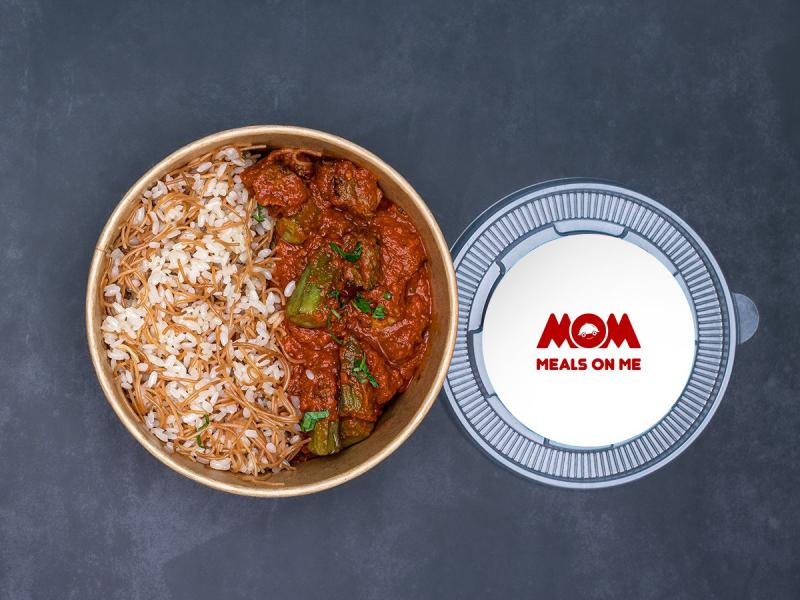In an era where convenience meets culinary excellence, meal prep delivery services have become a staple for busy individuals seeking a balance between health and time management. One such service leading the charge is "Meals on Me," offering a diverse range of cuisines with a fresh menu every week. As the demand for these services continues to rise, so does the responsibility to make them more sustainable.
1. Sourcing Locally, Thinking Globally
One key strategy for making meal prep delivery services more sustainable is to prioritize local sourcing of ingredients. "Meals on Me" can establish partnerships with local farmers and suppliers, reducing the carbon footprint associated with transportation. This not only supports the local economy but also ensures that the ingredients are fresh and in-season, enhancing the overall quality and flavour of the meals.
2. Eco-Friendly Packaging
The environmental impact of packaging is a significant concern. "Meals on Me" can transition to eco-friendly packaging options, such as compostable or recyclable materials. Additionally, minimizing packaging waste by opting for minimalistic designs and reusable containers can further contribute to the company's sustainability goals. Encouraging customers to return packaging for reuse or recycling could also be an innovative approach.
3. Energy-Efficient Cooking
Implementing energy-efficient cooking methods in the meal preparation process can significantly reduce the overall carbon footprint of the service. This could involve investing in energy-efficient kitchen appliances, utilizing renewable energy sources, and optimizing cooking processes to minimize energy consumption. Not only does this benefit the environment, but it also sets a positive example for customers who are increasingly conscious of the ecological impact of their choices.
4. Waste Reduction through Portion Control
Addressing food waste is a crucial aspect of sustainability. "Meals on Me" can introduce portion control options, allowing customers to order meals based on their specific dietary needs. This not only helps reduce food waste but also ensures that customers receive the right amount of food, preventing overconsumption. Any surplus food can be donated to local charities or utilized in creative ways to minimize waste.
5. Community Engagement and Education
Engaging the community in sustainable practices and educating customers about the environmental impact of their choices can foster a sense of shared responsibility. "Meals on Me" can collaborate with local environmental organizations, conduct workshops, or provide informational materials to customers. By raising awareness and empowering customers to make sustainable choices, the company can contribute to a larger movement towards environmentally conscious living.
6. Seasonal Menu Planning
Aligning the menu with seasonal ingredients not only enhances the flavour profile of the meals but also supports sustainability. "Meals on Me" can adjust its menu offerings based on the availability of seasonal produce, reducing the need for out-of-season imports. This practice not only supports local agriculture but also ensures a more sustainable and diverse menu for customers.
Conclusion
As "Meals on Me" continues to tantalize taste buds with its diverse weekly menus, incorporating these sustainable practices will not only contribute to a healthier planet but also enhance the overall appeal of the service. By embracing eco-friendly initiatives, the company can set a benchmark for the industry, proving that delicious meals and sustainability can indeed go hand in hand. After all, sustaining the flavour should extend beyond the palate to the very planet that nourishes us all.
